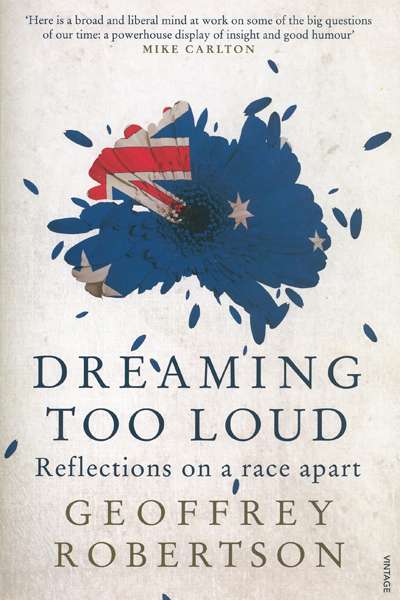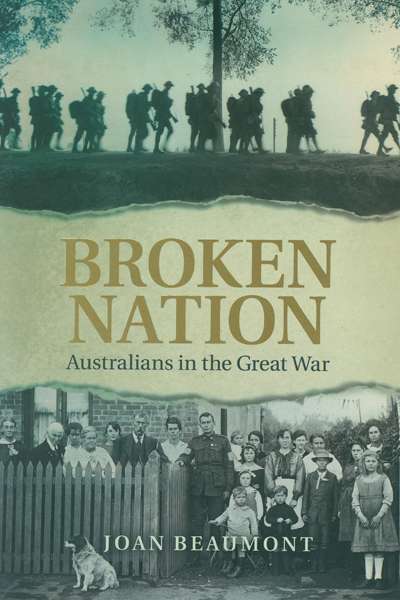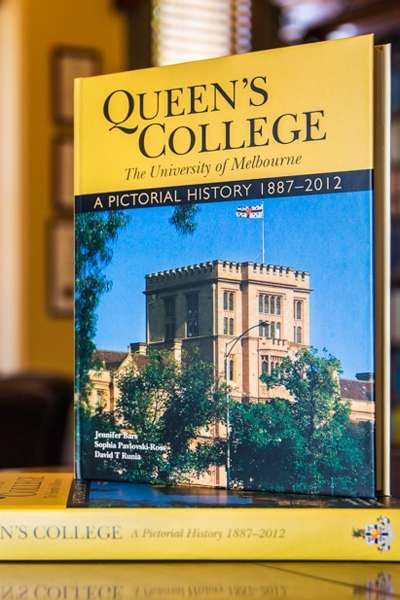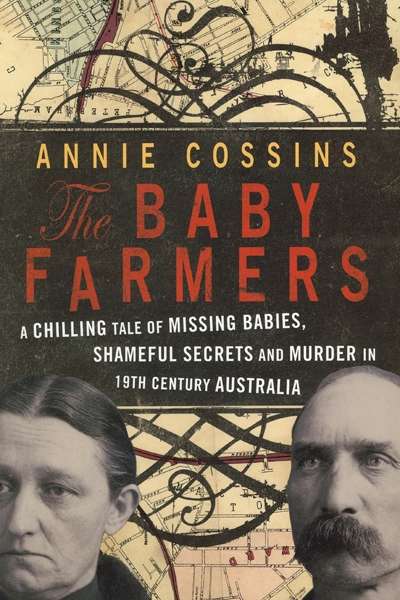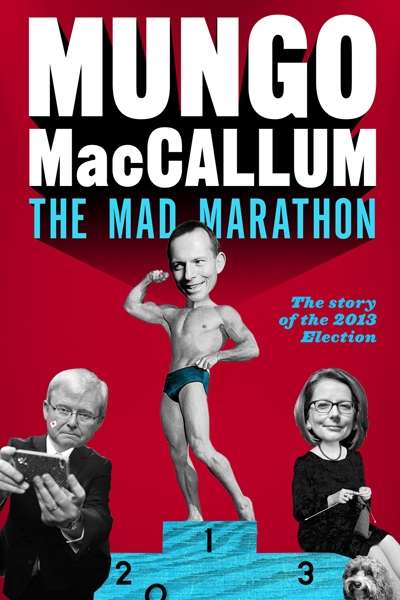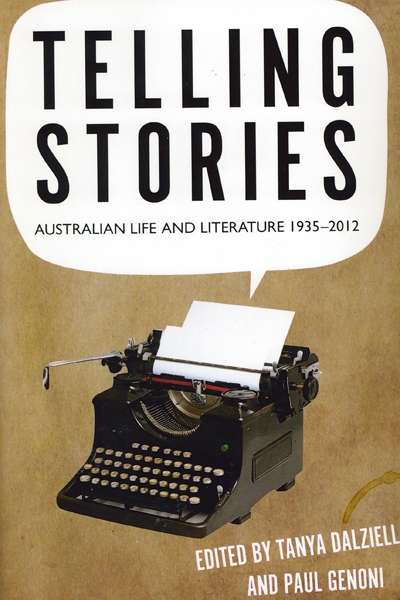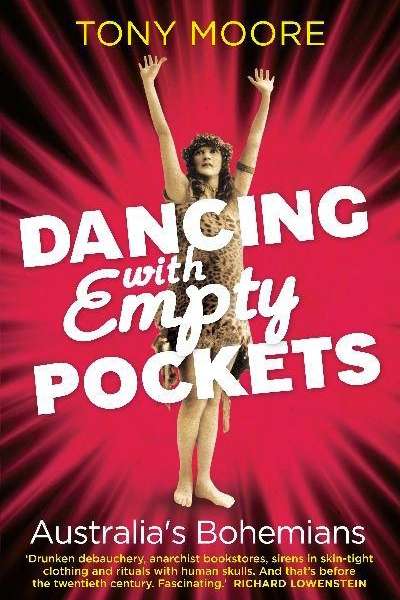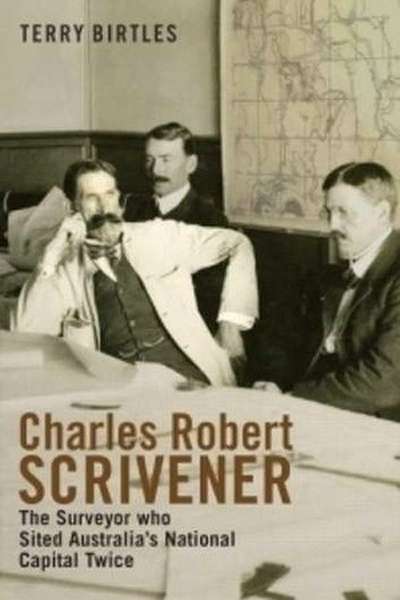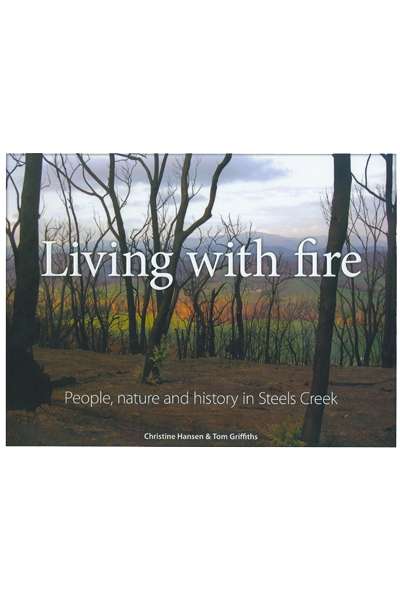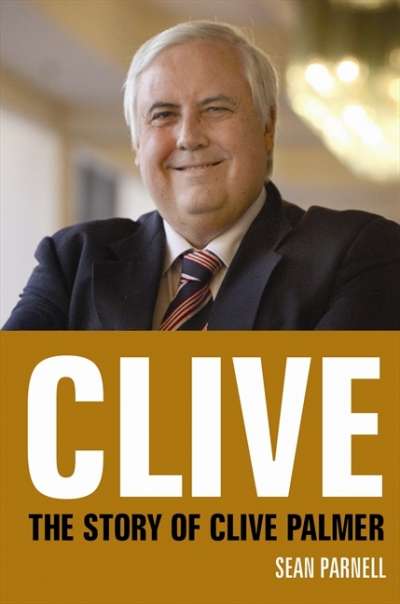Australian History
Dreaming Too Loud: Reflections on a Race Apart by Geoffrey Robertson
If the London Australian expatriate community has an aristocracy of sorts – as it clearly does – then Geoffrey Robertson QC and the novelist Kathy Lette, his wife since 1990, would be among its leading nobility. Robertson and Lette mix with royalty, both real and literary (‘our daughters had been flower girls at Salman’s wedding – I can’t remember which one’). I would love to have been present when Robertson advised Diana, during her affair with James Hewitt, that the Treason Act of 1361 laid down the death penalty for any party to adultery with the wife of the heir to the throne. Did she blush or blanch?
... (read more)Broken Nation: Australians in the Great War by Joan Beaumont
If you read only one book about Australia’s experience of World War I, as the deluge of commemorative publications marking the outbreak of the war becomes a veritable tsunami, make it Broken Nation, an account that joins the history of the war to the home front, and that details the barbarism of the battlefields as well as the desolation, despair, and bitter divisions that devastated the communities left behind.
... (read more)Queen's College the University of Melbourne: A pictorial history 1887–2012 edited by Jennifer Bars, Sophia T. Pavlovski-Ross, and David T. Runia
Notwithstanding occasional media focus on misbehaving students or senior members, the residential colleges and halls dotted around or about most Australian university campuses keep a low profile. Their influence has undoubtedly declined since the early twentieth century, when as many as one quarter of Melbourne’s enrolled undergraduate population, and a much higher proportion of full-time students, were attached to Trinity and Janet Clarke Hall, Ormond or Queen’s. But the collegiate ideal to which all these institutions aspire, more or less, still provides a vital alternative to the regrettably prevailing view of higher education as mere vocational training – especially now, when the future viability of universities themselves is called increasingly into question.
... (read more)The Baby Farmers: A Chilling Tale of Missing Babies, Shameful Secrets and Murder in 19th Century Australia by Annie Cossins
In The Baby Farmers, legal scholar Annie Cossins revisits a bizarre episode in Australian criminal history. Her text focuses on a pair of baby killers who operated in Sydney during the nineteenth century. In October 1892, Sarah and John Makin were arrested after a baby’s corpse was found buried on their farm. An investigation revealed the bodies of twelve more babies, all buried in properties that had been inhabited by the Makins. The couple’s crimes stemmed largely from their poverty. Purchasing babies provided them with an (albeit limited) income. These babies had often been born out of wedlock, and their mothers relinquished them to avoid the stigma surrounding ‘illegitimate’ children.
... (read more)The Mad Marathon: The story of the 2013 Election by Mungo MacCallum
Tim Bowden, ABC journalist and historian, hosted a television program called BackChat between 1987 and 1994. Viewers could write in with their comments on Aunty’s offerings. One correspondent criticised the Rob Sitch-inspired spoof of the commercial current affairs programs, Frontline ...
... (read more)Telling Stories: Australian Life and Literature 1935–2012 edited by Tanya Dalziell and Paul Genoni
Telling Stories is a great brick of a book full of diverting bits and pieces about Australian culture over the past seventy-seven years. It is hugely entertaining – a sort of QIin book form, with seventy-nine authors offering their brief observations on aspects of Australian cultural life. No one will read it cover to cover: it’s the sort of book you can leave about the house for anyone to pick up and amuse herself with for fifteen minutes or so. They can jump from titbits about rock music, or children’s novels, films or poetry, or serious pieces on the slow movement towards understanding Australia’s Aboriginal heritage. The editors suggest it is ‘a twenty-first century cabinet of curiosities’. By and large, it creates an optimistic, even celebratory, account of the experience of Australian life in the twentieth century.
... (read more)Dancing with Empty Pockets: Australia's Bohemians since 1860 by Tony Moore
Tony Moore’s engaging account of Australian bohemians begins with Marcus Clarke and takes us through to Julian Assange. Along the way we encounter Australian bohemia in its diverse expressions, from the art of the Heidelberg School, writing of the Bulletin, high jinks of 1920s Sydney bohemia to the Sydney Push, Melbourne Drift, 1960s counterculture (in both its local and London expatriate manifestations), cultured larrikins of 1970s ‘new nationalism’, punk, post-punk, and much else. Here is the historian as impresario, assembling an extraordinary cast across 150 years of Australian cultural history. To bring them all together without producing an inedible stew is a major achievement in itself.
... (read more)Charles Robert Scrivener: The Surveyor who Sited Australia's National Capital Twice by Terry Birtles
In the 1890s the six Australian colonies were preoccupied not only with getting a fair deal over tariffs and customs – and maintaining the purity of the Anglo-Saxon race – but also with the location of the national capital. Denizens of Melbourne and Sydney felt that it should be one of them. The compromise was a capital in New South Wales, closer to Sydney than Melbourne, but with Melbourne as the seat of federal government until it was constructed.
... (read more)Living with Fire: People, nature and history in Steels Creek by Christine Hansen and Tom Griffiths
Fire, more than any other thing, challenges the divide between the cultural and the natural, between being human and the non-human world. We make a pact, if not with a devil, at least with terrible danger when we use fire; and it is a pact, despite how it might seem in our urban modernity, over which we have no choice. We need fire. It doesn’t need us. If it truly had character, as it so often seems to, it would be indifferent, callous, cruel. And it is this that cooks our food and warms our toes.
... (read more)Even the most seasoned political observers would have been surprised at the Palmer United Party’s triumph at the federal election, which saw it claim three seats in the Senate. Was it a stroke of luck or the work of a remarkable political strategist? In any case, the political fate of the PUP’s founder remains undecided ...
... (read more)

